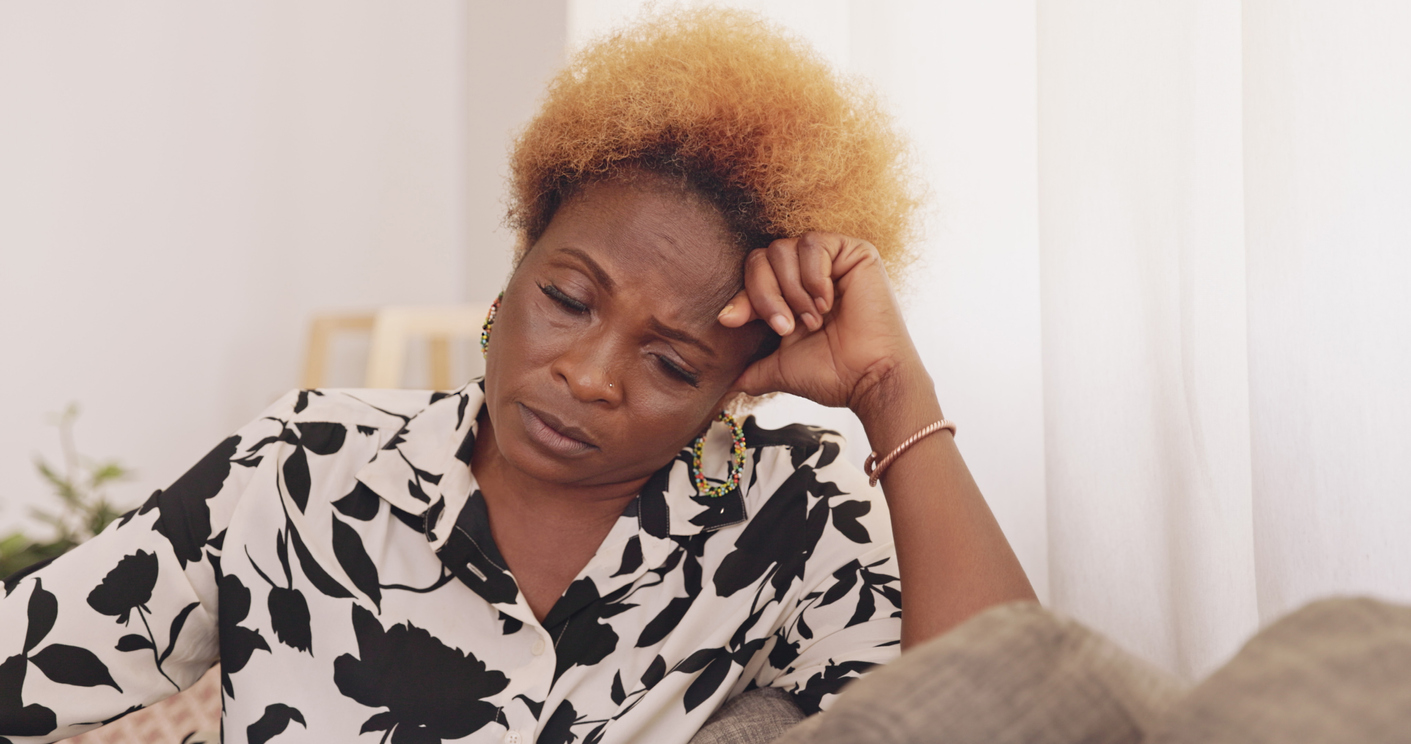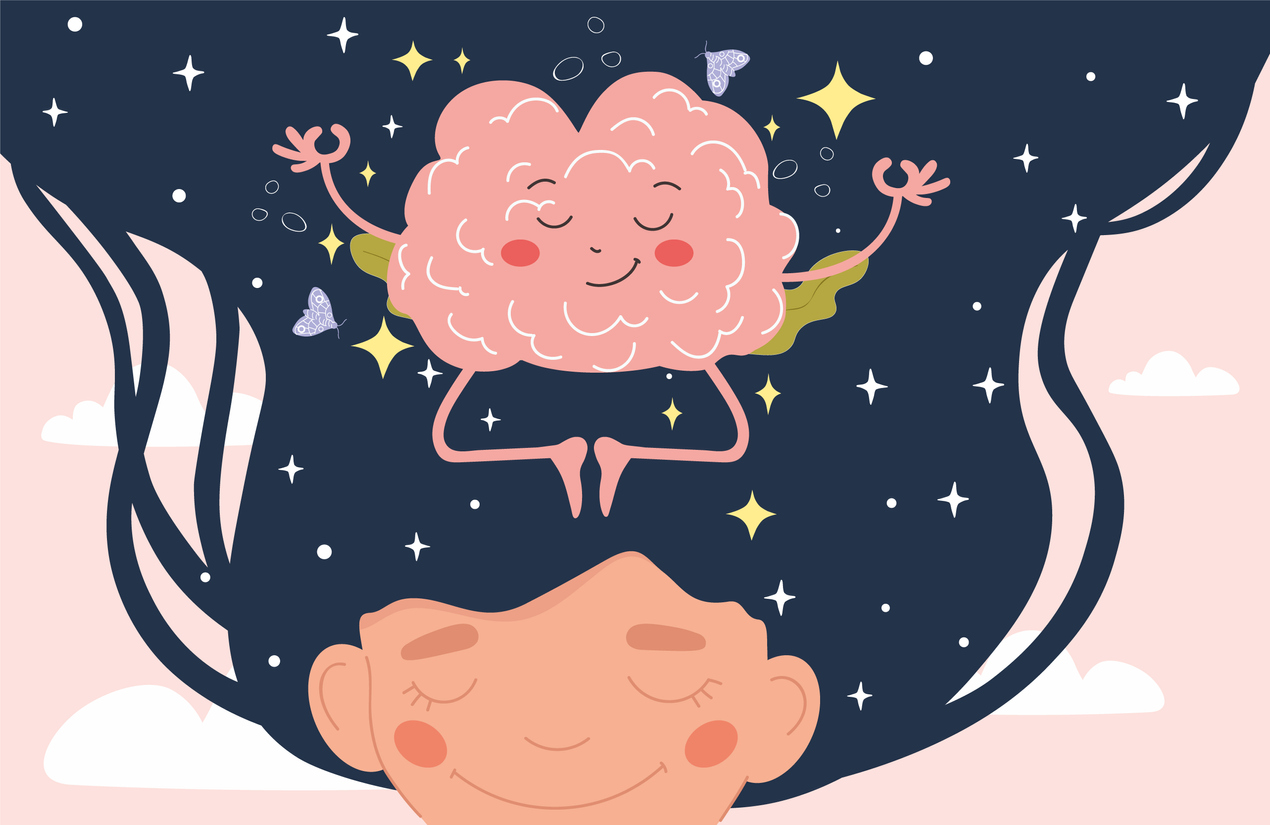Living with Chronic Pain
Coping with Continual Losses due to Chronic Pain

Chronic pain not only results in physical anguish, but it can also trigger emotional distress. Feelings of frustration, anger, sadness and grief often materialize. Furthermore, chronic pain can cause certain losses, which can be detrimental to a person's well-being.
Grief due to losses
Losses can be concurrent and appear in various forms. They contribute to chronic grief or chronic sorrow. Grieving a singular loss eventually has a resolution and closure; however, chronic grief is continual. The inability to complete the grieving process prevents movement to a place of acceptance.
Unresolved grief can produce depression, cause memory or attention issues, and increase fatigue. Additionally, it can exacerbate chronic pain. Therefore, properly coping with continuing loss and grief is essential.
Types of losses
Losses and their severity vary per individual. Examples of losses include, but are not limited to, the loss of the following:
- Physical health
- Mental health
- Comfort
- Career
- Income
- Independence
- Security
- Self-esteem
- Dignity
- Hope
- Relationships
- Social activities
Coping with losses
Fortunately, there are treatments and activities that can improve physical and mental well-being for those dealing with continuing losses due to chronic pain. They include, but are not limited to, the following:
- Counseling that targets loss and grief
- Journaling that focuses on setting achievable goals
- Developing new interests, structures or routines to focus on the future
- Using self-reflection to gain a deeper understanding and acceptance of the pain
- Participating in a chronic pain support group
Additional sources: Social Work Today and Hospital for Special Surgery


















